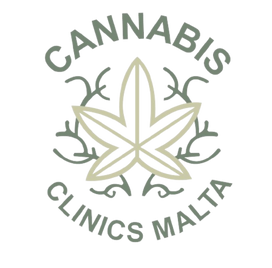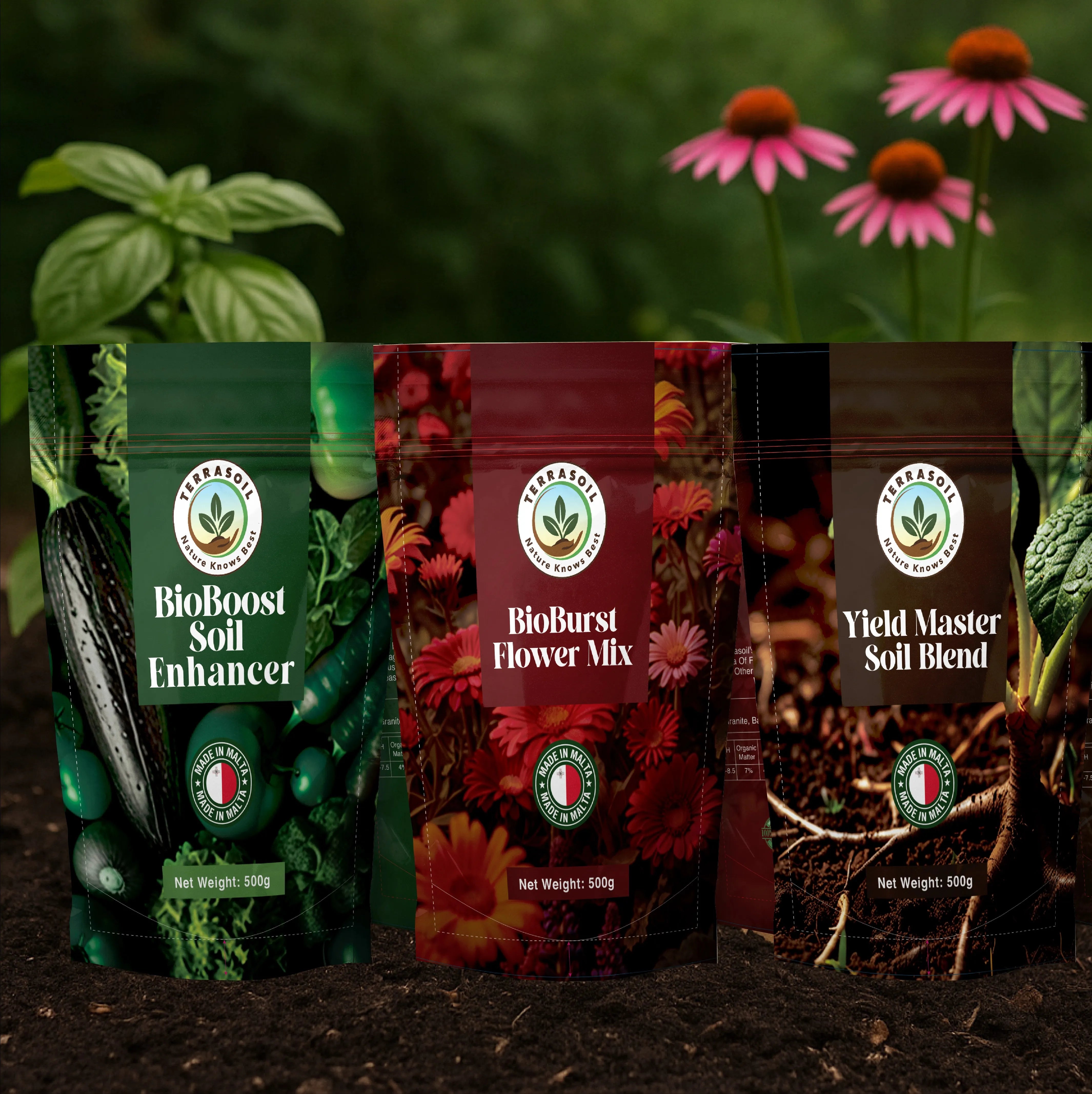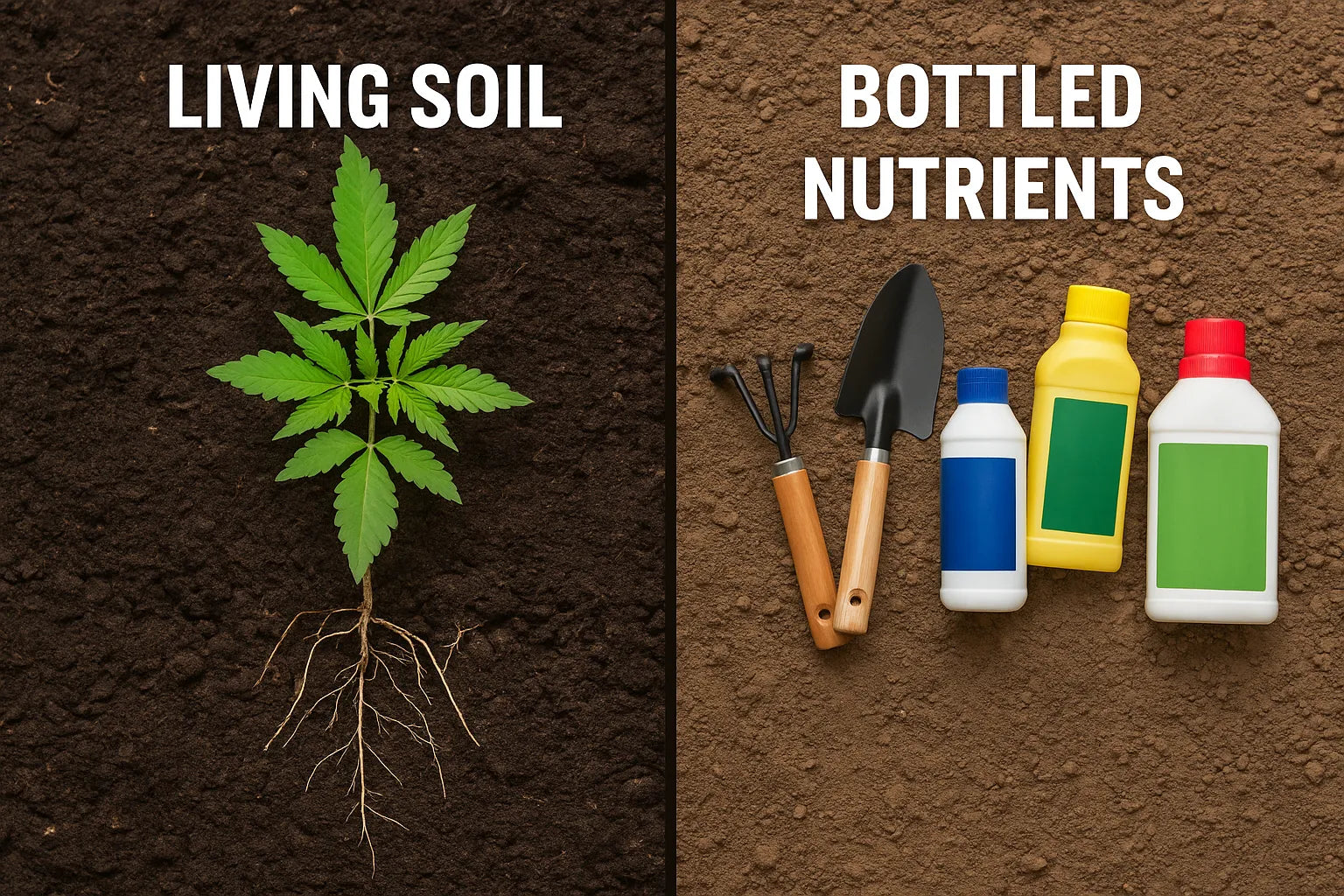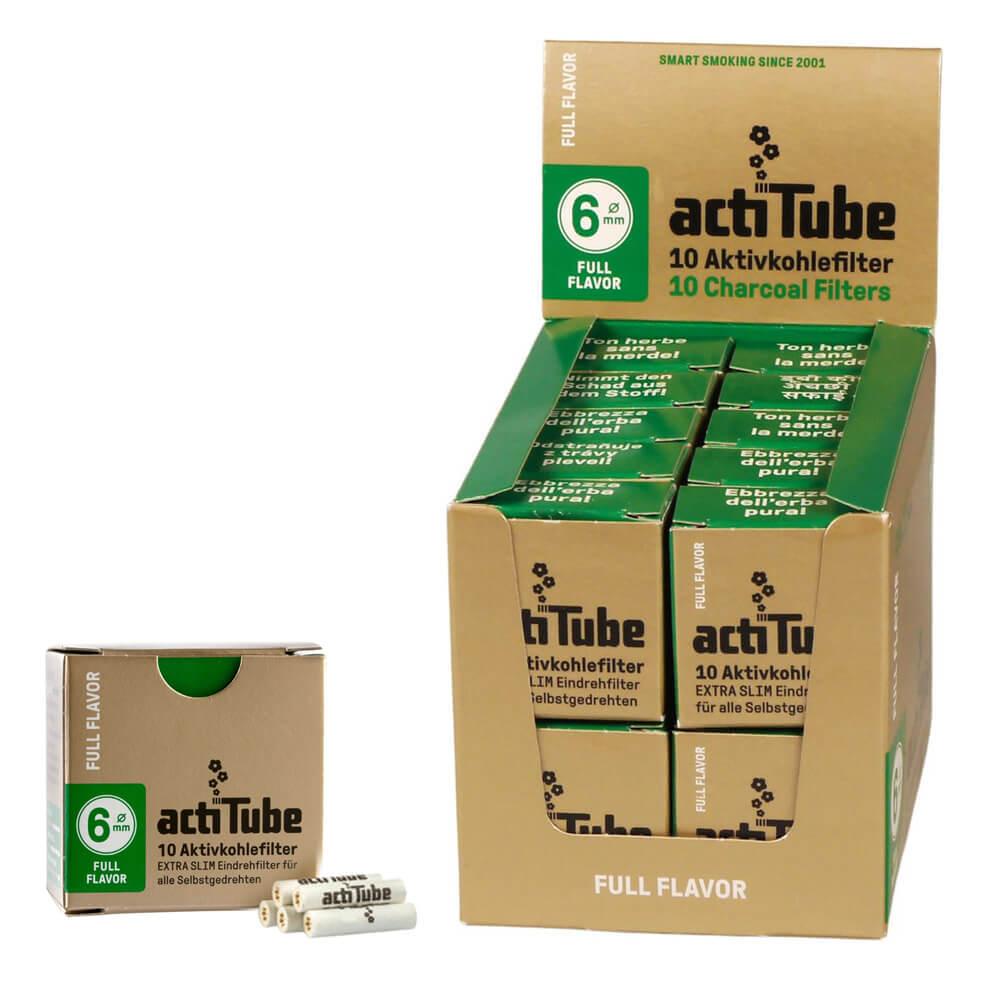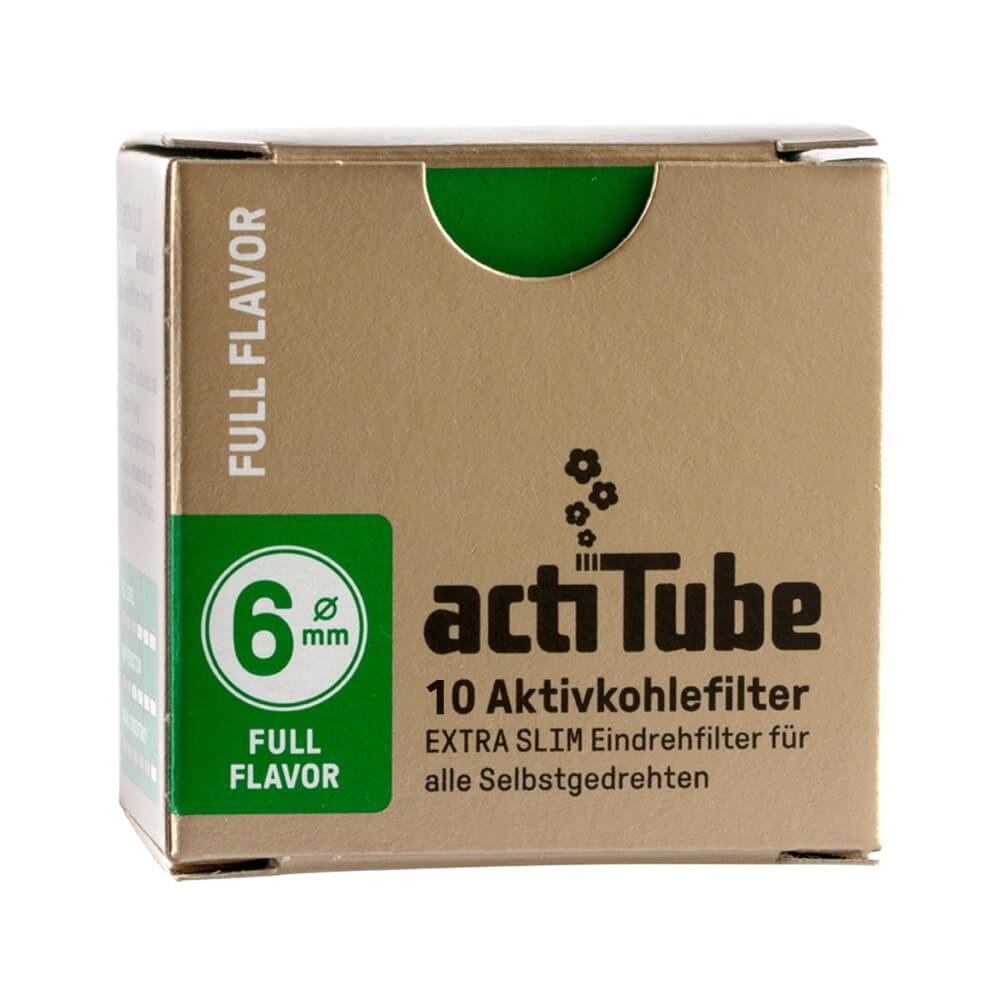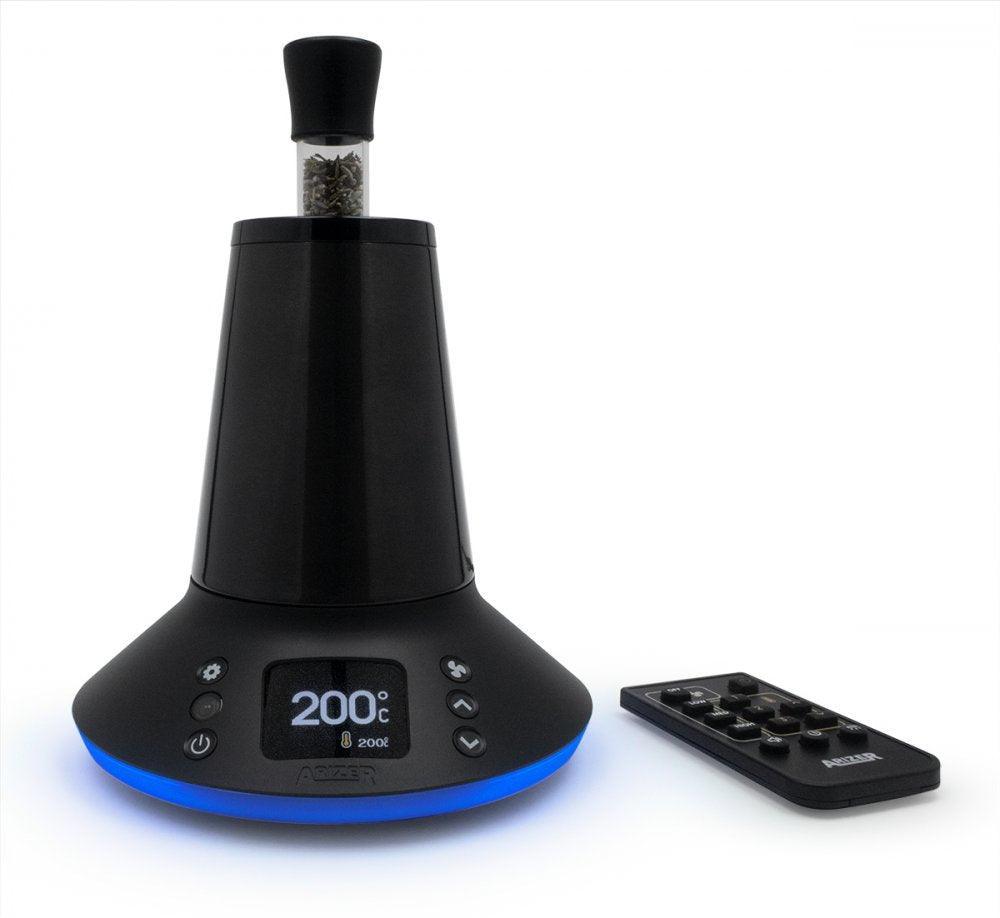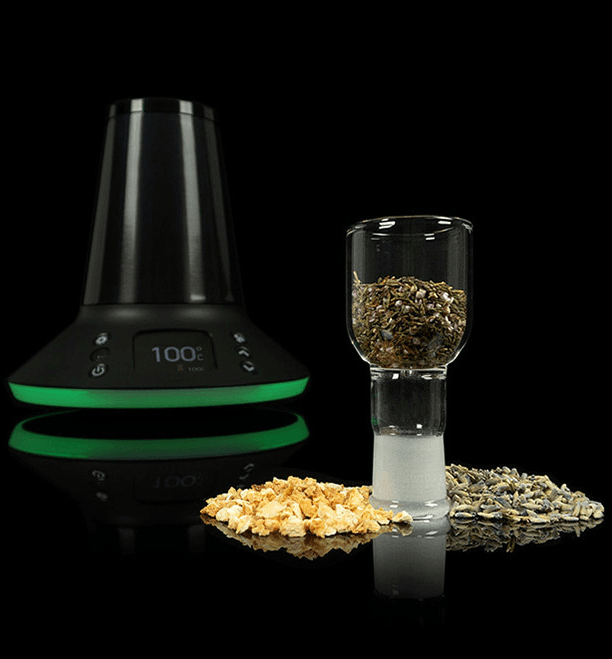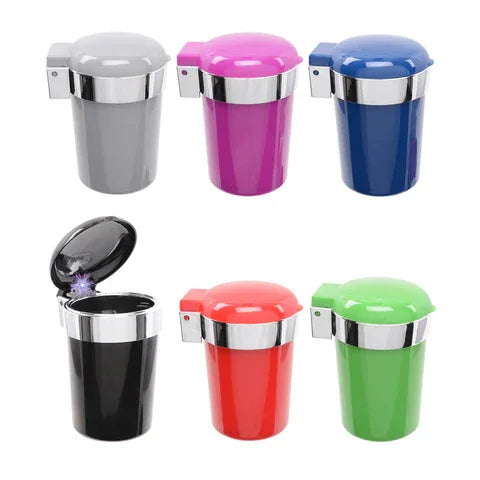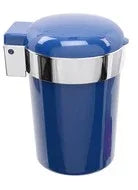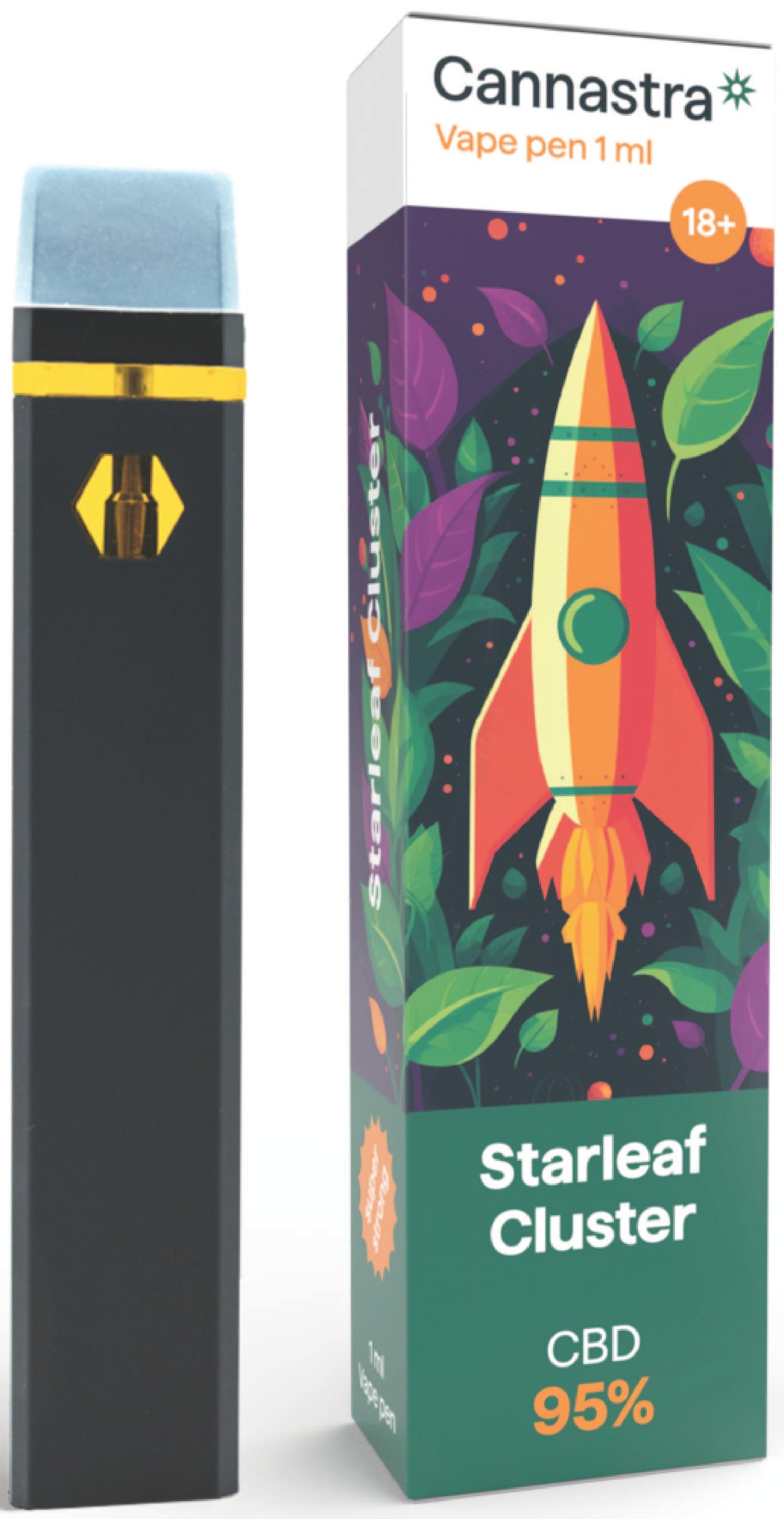Is CBD Legal in Malta? Bill 128, THC Limits, and What Counts as “Legal CBD”
The CBD scene in Malta has grown quickly and so has the confusion.
Is CBD actually legal? What about CBD flowers? What changed with Bill 128? And where do so‑called “legal highs” like HHC fit into all of this?
Why there’s so much confusion about CBD in Malta
This guide explains, in plain language, what counts as legal CBD in Malta today, and how Maltese law now distinguishes between:
- Non‑psychoactive phytocannabinoids (like CBD, CBG, CBC, CBDV)
- THC and other psychoactive cannabinoids
- Synthetic and semi‑synthetic cannabinoids (such as HHC and similar substances)
At Cannabis Clinics Malta, our mission is to provide safe access, clear information, and medically guided use of cannabis-based products, so you can make informed choices, not guesses.
Last updated: [24/11/2025]
Educational content only. This article is not legal or medical advice.
What did Bill 128 actually change?
Bill 128 – “Various Laws relating to Cannabis Activities (Amendment)” updated several existing laws, including:
- The Dangerous Drugs Ordinance
- The Authority on the Responsible Use of Cannabis Act
- The Drug Dependence (Treatment not Imprisonment) Act
In practice, Bill 128:
- Introduces clearer categories for different types of cannabinoids
- Clarifies what is considered “cannabis” and what is not
- Strengthens rules around adult‑use cannabis associations
- Closes loopholes around synthetic cannabinoids (like HHC)
For patients, consumers, and businesses, the key point is the new distinction between non‑psychoactive CBD-type products and psychoactive or synthetic cannabinoids.
The three cannabinoid categories in Maltese law
Bill 128 groups cannabinoids into three main categories.
1. Non‑psychoactive phytocannabinoids
These include:
- CBD – Cannabidiol
- CBG – Cannabigerol
- CBC – Cannabichromene
- CBDV – Cannabidivarin
They are naturally occurring compounds from the cannabis plant that do not produce a “high” and are recognised in law as non‑psychoactive.
These are the cannabinoids you’ll find in legally compliant CBD oils, capsules, creams, and other wellness products sold in Malta.
2. Psychoactive cannabinoids
This group includes:
- THC – Tetrahydrocannabinol and certain other THC‑like molecules
These substances are responsible for the classic cannabis “high”. They remain regulated as controlled drugs, except in specific legal contexts such as:
- Medicinal cannabis prescribed by a doctor
- Home cultivation within legal limits
- Non‑profit cannabis associations authorised by ARUC
3. Synthetic and semi‑synthetic cannabinoids
Bill 128 also creates a clear category for:
- Synthetic and semi‑synthetic cannabinoids – for example HHC and several related substances, various “Delta” analogues, and other lab‑made molecules that mimic THC.
These are not treated like CBD and are not part of the legal CBD market in Malta. Instead, they fall under stricter control as synthetic cannabinoids.
Products marketed as “legal highs”, “HHC vapes”, “Delta‑8” and similar are not legal CBD products and should be avoided.
So, what counts as legal CBD in Malta?
In simple terms, a product qualifies as legal CBD in Malta if all of the following apply:
1. Cannabinoid profile
- It primarily contains non‑psychoactive phytocannabinoids (CBD, CBG, CBC, CBDV).
- The finished product contains no more than 0.2% psychoactive cannabinoids (THC and related).
- It does not contain any synthetic or semi‑synthetic cannabinoids listed in the law.
2. Regulatory compliance
-
If it is a medicinal product, it must be authorised and overseen by the Malta Medicines Authority and prescribed by a registered doctor.
-
If it is sold as a food supplement, cosmetic, or vape product, it must comply with:
- EU and Maltese food and novel food regulations
- Cosmetics regulation (for creams, balms, topicals)
- Vaping and e‑liquid regulations (for inhaled products)
3. Classification under Maltese law
Because it is a non‑psychoactive phytocannabinoid product with ≤0.2% THC, it is not treated as a narcotic cannabis product under the Dangerous Drugs framework.
At Cannabis Clinics Malta, we only work with products that meet these conditions and come with independent lab testing (COAs) to confirm cannabinoid content and purity.
🔍 Want to see compliant examples?
Explore our [CBD products collection], [CBD capsules], and [CBD topicals].
CBD vs “legal cannabis” for adult use
The phrase “legal cannabis” in Malta often causes confusion. In reality, it covers two very different things.
1. CBD products (non‑psychoactive, ≤0.2% THC)
- Sold as wellness, medicinal, cosmetic or supplement products
- Based on CBD and other non‑psychoactive cannabinoids
- Do not cause a classic “high”
- Not treated as narcotic drugs if compliant with the law
2. Adult‑use THC cannabis
Under Malta’s reform:
- Adults can possess up to 7 g of cannabis in public.
- They can grow up to four plants at home.
- They can join non‑profit cannabis associations that are licensed and supervised by ARUC.
This “legal cannabis” is THC‑containing cannabis for adult use, completely separate from CBD wellness products.
At Cannabis Clinics Malta, our focus is on:
- Medicinal cannabis under prescription
- Clinical‑grade CBD products and other non‑psychoactive cannabinoids
- Education and support for safe, responsible use
We do not supply or manage adult‑use cannabis associations.
What about CBD flowers and “hemp bud”?
Bill 128 and related amendments also clarify the position of CBD‑rich, low‑THC flowers:
- CBD flowers that comply with the ≤0.2% THC threshold and fall within the non‑psychoactive phytocannabinoid definition are no longer treated in the same way as narcotic cannabis.
- However, they must still comply with product, labelling, and marketing rules, and must not be presented as a “smoke anywhere” product.
Because enforcement practice can evolve, it’s sensible to:
- Keep proof of origin and lab reports (COAs)
- Avoid public consumption that may cause nuisance or confusion
- Stay updated as guidance from authorities develops
What is clearly not legal CBD?
The following are not considered legal CBD products in Malta:
- Products with more than 0.2% THC (unless prescribed as medical cannabis)
- Products containing synthetic or semi‑synthetic cannabinoids (e.g. HHC and similar analogues)
- Products marketed as “legal highs” or intended primarily for intoxication
- Any product that fails to comply with relevant product safety, labelling, and advertising rules
If you’re unsure about a product, ask the seller for:
- A recent Certificate of Analysis (COA)
- Clear information on cannabinoid content
- Confirmation that no synthetic cannabinoids are included
Want updates when Maltese cannabis laws change? [Join our email list
How Cannabis Clinics Malta can help
At Cannabis Clinics Malta, we aim to make this complex landscape easier for patients and consumers to navigate.
We offer:
- Medical evaluations to assess whether cannabis‑based therapy is appropriate for your condition
- Guidance on CBD and other non‑psychoactive cannabinoids – including formats, dosing principles, and potential interactions
- A curated range of CBD oils, capsules, creams, and wellness products that comply with Maltese and EU requirements
- Ongoing educational resources as the law and clinical evidence continue to evolve
Important disclaimer
This article is based on our understanding of Maltese law at the time of writing. It is intended purely for educational purposes and does not constitute legal or medical advice.
- For legal questions, always consult a qualified lawyer or check the latest official legislation.
- For medical decisions, please speak to a doctor or healthcare professional familiar with cannabinoid medicines.
If you have questions about your situation, you are welcome to contact Cannabis Clinics Malta for guidance and support.
FAQ: Legal CBD in Malta
Q1: Is CBD legal in Malta?
Yes. CBD and certain other non‑psychoactive cannabinoids (such as CBG, CBC, CBDV) are legal in Malta if the finished product contains no more than 0.2% THC, contains no synthetic cannabinoids, and complies with EU and Maltese product regulations.
Q2: What did Bill 128 change about CBD?
Bill 128 clarified the law by distinguishing non‑psychoactive phytocannabinoids (like CBD) from psychoactive cannabinoids (like THC) and synthetic cannabinoids (like HHC). Properly formulated CBD products are now clearly separated from narcotic cannabis in Maltese law.
Q3: What THC limit must CBD products respect in Malta?
To be considered a non‑psychoactive CBD product, the THC content must not exceed 0.2% in the final product. Anything above that is treated as cannabis or a controlled substance, unless it falls under a specific medical or association‑based framework.
Q4: Are HHC and similar “legal highs” allowed in Malta?
No. HHC and various similar synthetic and semi‑synthetic cannabinoids have been specifically listed and are treated as controlled substances. They are not part of the legal CBD market in Malta.
Q5: Are CBD flowers legal?
CBD‑rich flowers with ≤0.2% THC fall under the non‑psychoactive phytocannabinoid category, but they must still comply with product and marketing rules. Public use and nuisance (for example strong odour) can still lead to issues, even if the product itself is compliant.
Q6: Do I need a prescription for CBD products?
- For wellness CBD products (oils, capsules, topicals) that are not marketed as medicines, you generally do not need a prescription, but they must comply with food, cosmetic, or vape regulations.
- For medicinal cannabis products (with higher THC or specific medical indications), you do need a prescription from a registered doctor and approval through the Malta Medicines Authority framework.
Q7: How do I know if a CBD product is compliant and safe?
Look for:
- An up‑to‑date lab report (COA) showing the cannabinoid profile and confirming ≤0.2% THC
- Confirmation that no synthetic cannabinoids are included
- Clear labelling, batch numbers, and ingredient lists
- A reputable provider that follows EU and Maltese regulations
Q8: Is this legal advice?
No. This information is provided for educational purposes only and is not legal advice. Laws can change, and interpretation can vary. For legal questions, please consult a qualified lawyer; for medical advice, speak with a healthcare professional.
